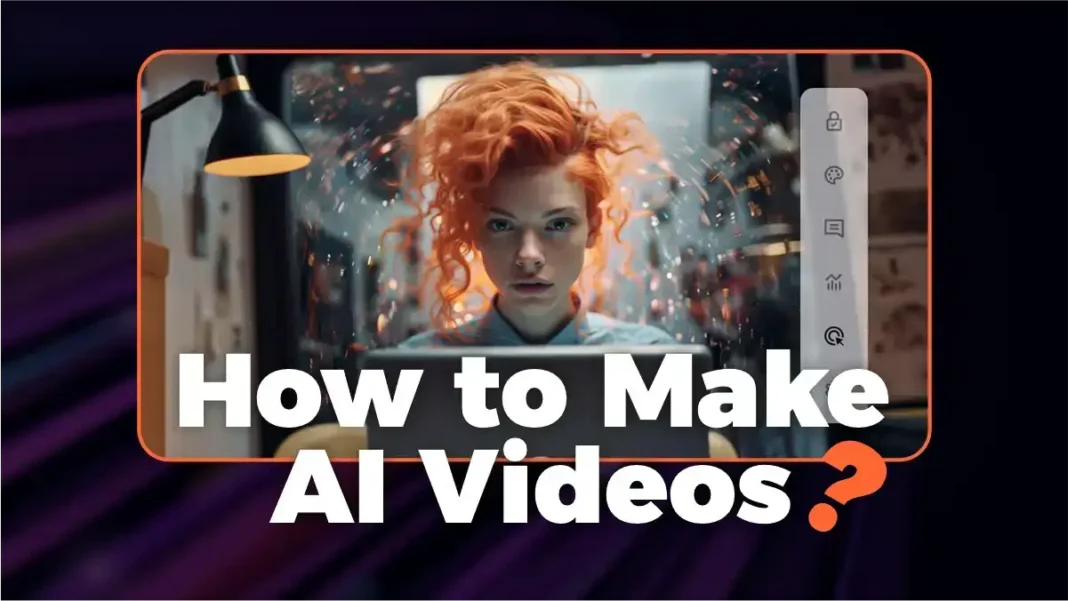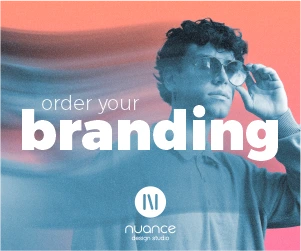In 2025, the question isn’t if you should use AI to create videos—it’s how. The keyword “How to Make AI Videos” has surged in popularity as creators, marketers, educators, and entrepreneurs embrace artificial intelligence to streamline production, reduce costs, and scale content. Whether you’re building a faceless YouTube channel, launching a product demo, or crafting cinematic shorts, AI video tools are now powerful enough to handle it all.
This guide breaks down everything you need to know: the best AI video tools of 2025, proven workflows, expert tips, and answers to the most asked questions. Let’s dive in.
What Are AI Videos and Why They Matter in 2025
AI videos are generated or enhanced using artificial intelligence—often without traditional cameras, actors, or editing software. These tools use machine learning, natural language processing, and computer vision to turn text, images, or prompts into dynamic video content.
Key Benefits:
- Speed: AI cuts production time by up to 80% [1]
- Cost-efficiency: No need for expensive gear or large teams [2]
- Scalability: Create dozens of videos in minutes for different platforms
- Accessibility: Democratizes video creation for non-experts
According to Wyzowl’s 2025 report, 82% of consumers made a purchase after watching a brand video—the highest conversion rate ever recorded. [3] AI video creation is no longer a novelty; it’s a necessity.
Best AI Video Tools for 2025
1. Quso.ai – Best for Business & Marketing
- Text-to-video generator with built-in scheduler
- Ideal for product demos, brand storytelling, and social media [4]
2. Fliki – Best for Social Media Creators
- Supports 80+ languages, AI avatars, and voice cloning
- Great for Instagram Reels, TikTok, and YouTube Shorts [5]
3. Runway Gen-4 – Best for Cinematic Control
- Offers camera path editing, motion brush, and inpainting
- Used by filmmakers and advanced creators [6]
4. Synthesia – Best for Corporate Training
- Avatar-driven videos with multilingual support
- Converts scripts into professional studio-quality content [6]
5. OpenAI Sora – Best for Experimental Storytelling
- Generates short cinematic clips from text prompts
- Ideal for concept art, B-roll, and visual ideation [7]
These platforms are transforming workflows across industries. According to Renderforest, AI tools are reducing video production costs by up to 60% and boosting productivity by nearly 47%. [2]
Proven AI Video Workflows for 2025
Creating AI videos isn’t just about choosing the right tool—it’s about mastering the workflow. Here’s a seven-stage process adapted from vidBoard.ai’s 2025 guide: [3]
| Stage | Goal | Recommended Tools |
|---|---|---|
| 1. Ideation | Nail the hook & angle | ChatGPT, Notion AI |
| 2. Scripting | Produce a tight, on-brand script | Quso.ai, Fliki, Gemini |
| 3. Generator Selection | Match tool to outcome & budget | Runway, Sora, Synthesia |
| 4. Asset Prep | Gather logos, images, voice samples | Canva, Google Photos |
| 5. Rendering | Turn text into HD video | CapCut, Veo 3 |
| 6. Polishing | Add captions, adjust ratios | VEED, Premiere Firefly |
| 7. Distribution | Publish and analyze | Buffer, YouTube Studio |
This workflow empowers creators to go from idea to publish-ready video in under an hour.
Expert Tips to Make AI Videos That Stand Out
Creating AI videos is easy. Creating great AI videos takes strategy. Here are top tips from 2025’s leading creators:
1. Start with a Clear Goal
Define your video’s purpose—educate, entertain, convert—and tailor your script accordingly.
2. Use Strong Prompts
AI tools are only as good as your input. Be specific with tone, style, and audience.
3. Leverage Branding
Upload logos, choose brand colors, and use consistent fonts to build recognition.
4. Add a Human Touch
Even in AI-generated content, storytelling and emotion matter. Use humor, relatability, or suspense.
5. Optimize for Platforms
Customize aspect ratios and lengths for TikTok, YouTube, LinkedIn, etc.
6. Test and Iterate
Use analytics to refine future videos. A/B test thumbnails, intros, and CTAs.
As Superside’s Creative Director Darren Suffolk puts it:
“AI now supports full-scale video production—from scripting and storyboarding to creating consistent avatars and motion graphics. It’s not replacing creativity—it’s amplifying it.” [8]
People Also Asked: How to Make AI Videos
What are the best AI video tools in 2025?
Top tools include Quso.ai, Fliki, Runway Gen-4, Synthesia, and OpenAI Sora. [4] [6]
How do I start making AI videos?
Begin with a clear goal, write a script, choose a generator like Fliki or Quso.ai, and customize your visuals and voiceovers. [4] [5]
Can I make AI videos for free?
Yes! Tools like CapCut, Pika Labs, and Runway offer free tiers with powerful features. [2]
Are AI videos good for business?
Absolutely. AI videos boost engagement, reduce costs, and scale content creation across platforms. [1] [3]
Conclusion: The Future of AI Video Creation
The rise of AI video tools in 2025 marks a turning point in digital storytelling. From faceless YouTube channels to enterprise training, AI is reshaping how we create, share, and consume video.
Whether you’re a solo creator or a global brand, learning how to make AI videos is your ticket to staying ahead. With the right tools, workflows, and strategy, you can produce stunning content—faster, cheaper, and smarter.
“Failing to integrate AI video into your strategy now means fighting uphill against algorithms and consumer preference later.” — Ashwin Madhavan, vidBoard.ai


